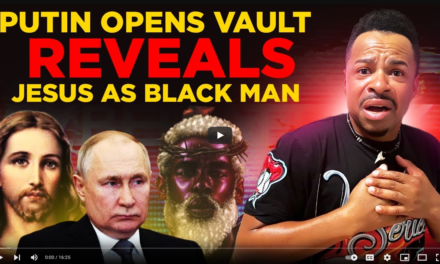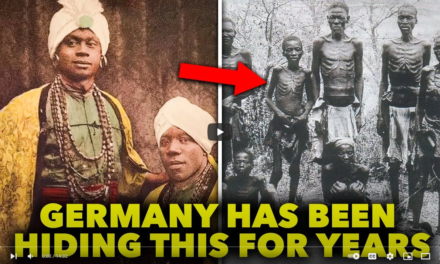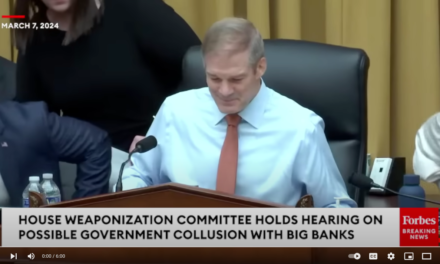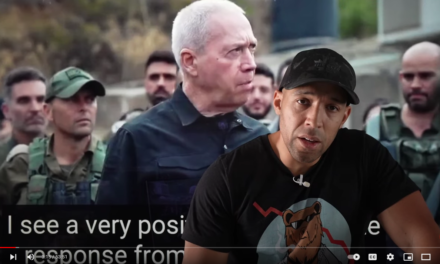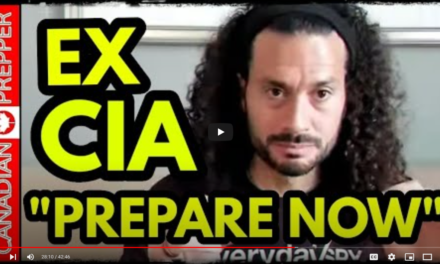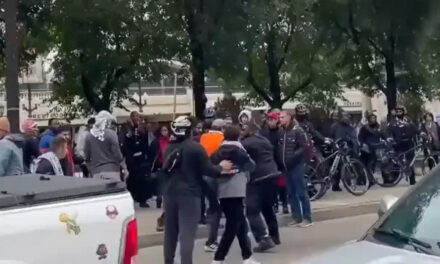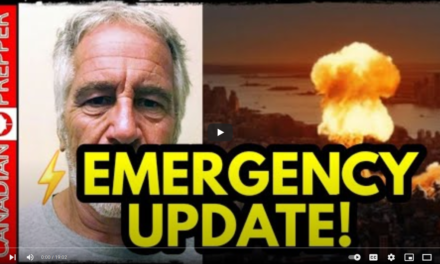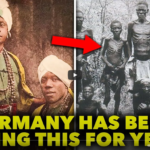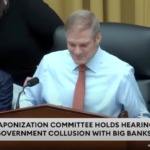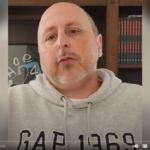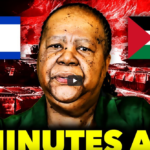The story of Air Force Soldier Aaron Bushnell has captured the attention of the public and raised serious questions about military operations and the ethics of protest. Before his tragic death, Bushnell made a startling claim during a call with friends on a Saturday night. He alleged that he had top-secret clearance and was privy to information about American troops engaging in combat against Palestinians in Hamas tunnels in Gaza. This claim, if true, not only raises questions about the involvement of American ground forces in conflicts abroad but also about the transparency and accountability of military operations.
The White House and the Air Force have yet to comment on Bushnell’s allegations, adding layers of mystery and concern around the issue. Compounding the intrigue is a now-deleted Instagram post from the White House account, which seemingly depicted covert Delta Force teams, further fuelling speculation and scrutiny.
Bushnell’s claim, and his subsequent suicide, have sparked a national conversation about the role of the military, the responsibilities of those who serve, and the limits of obedience. His friends have noted that Bushnell, who reportedly held security clearance for four years, had never previously disclosed sensitive information, suggesting the gravity of his final act and the information he chose to share.
The method of Bushnell’s protest—live-streaming his suicide—draws parallels to the history of self-immolation as a tactic of political protest. Such acts, while horrifying, have historically managed to draw public attention to overlooked or suppressed issues. However, the use of suicide as a form of protest, especially in the context of an ongoing conflict such as in Gaza, raises profound ethical questions. The speaker in the story vehemently opposes the use of self-immolation as a means of protest, arguing that while the right to protest is fundamental, the manner of protest and the issues being protested are equally important. The establishment, according to the speaker, fears the potential for protest to inspire real change, yet the use of one’s own life as a bargaining chip in political discourse is deeply contentious.
Further complicating the narrative is Bushnell’s nuanced stance on suicide, particularly in the context of mental health and terminal illness. He distinguished between the desperate choice of someone in extreme pain or with an advanced disease and the broader conversation about mental health. Bushnell expressed concern over a societal shift towards viewing suicide as a solution to treatable psychological illnesses, prompted by government encouragement of assisted suicide. This perspective highlights the complex interplay between individual rights, societal values, and the collective responsibility to protect vulnerable populations from harm.
Bushnell’s actions and the ensuing debate underscore the need for a deeper investigation into the claims he made and the policies surrounding military engagement and transparency. Furthermore, they call for a critical examination of the ethics of protest and the societal stance on suicide and self-determination. As we navigate these difficult discussions, it becomes clear that the path forward requires not only seeking the truth behind Bushnell’s claims but also fostering a societal environment that values transparency, accountability, and ethical discourse. The tragedy of Aaron Bushnell’s death should serve as a catalyst for change, prompting us to question, to investigate, and to demand better from those in positions of power.

